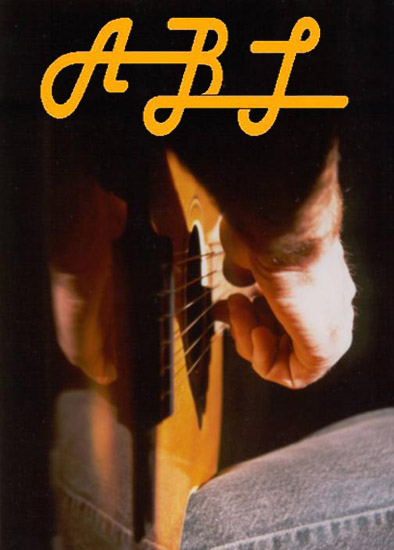|
Column Archive |
||
April, 2008 |
"Performing: The Reality Part 1" |
by Webmaster |
|
You've hooked up with some musicians and you seem to be really compatible. Your first jam sounds like you've been playing together for years. Your musical interests align; your talents complement and supplement each other; you like each other. You form a band. You rehearse, play a few open mics, rehearse some more, get lots of great feedback from family and friends and people at more open mics, build up a repetoire, record a demo CD, and you're ready for your first club date. Right? Maybe. What's missing? Well, how about a fan-base? How many people can you bring to a club, to justify the money it will spend promoting and paying you? How many people like you enough to come back again and again to hear you? How many will drive 5 miles to hear you? How many will drive 25 miles to hear you? How many live in the area where you want to play for pay? How do you build a fan-base? Family and close friends are a good start. They already know you and have a connection with you and your music. Hopefully, all the members of the band have a friend- and fan-base to start with. Warning: if all your friends are also performing musicians, you don't have a strong fan-base to start with. You can't go to each others' gigs because you're all working at the same time. So, assume you can bring 15-20 people to each of your gigs. At least, you can at first. They came to your first few open mics, right? Did you pick up more fans along the way? You did. A few, you say. Is that enough? And back to your friends and family. They came to the "first few" then they started to do other things. That's a problem. Is your repetoire big enough? Does it vary from gig to gig? Are you responsive to the music they want to hear? Do you know what they want to hear? OK. There are a few things going on that are just as important, maybe more important, than learning new tunes and working out harmony and lead parts. Notably, you need to have a connection to the audience. As I said before, your friends and family will like you because they already have an emotional connection to you. What about the strangers in the audience?
Here's a clue: if you have a club date, you're working from the time you start loading your equipment into the car until you finish unloading after the gig. And, even then, you're still not done. You've got to maintain your fan base. See next month's column for more information about that. Thanks for visiting AcousticByLines.com! |
|||
| TOP | |||

